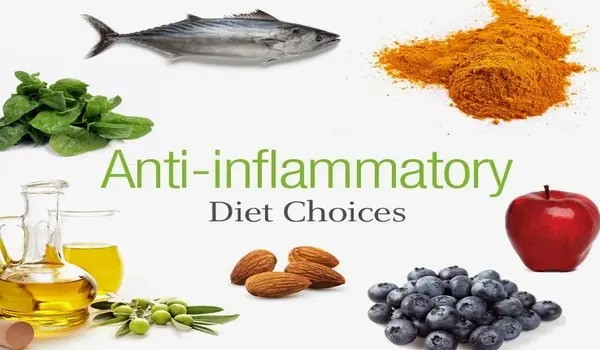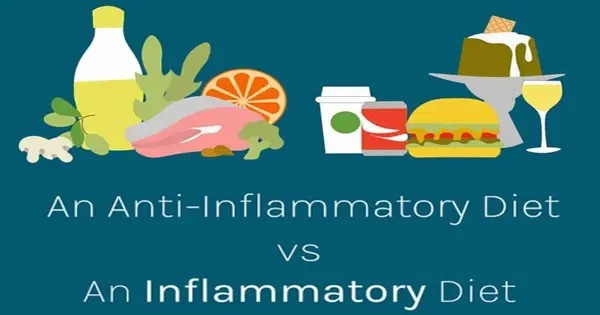According to a new study that employed a technique developed to analyze dietary inflammation, nearly six in ten Americans consume pro-inflammatory diets, increasing their risk of health concerns such as heart disease and cancer. The study also discovered that specific populations, such as Black Americans, men, and those with lower incomes, were more likely to consume a diet high in proinflammatory foods.
“Overall, 57% of U.S. adults have a pro-inflammatory diet, and that number was higher for Black Americans, men, younger adults, and people with lower education and income,” said lead author Rachel Meadows, a visiting faculty member at The Ohio State University College of Public Health.
The dietary inflammatory index, a metric established a decade ago that contains 45 dietary components, was utilized by the research team to assess the diets of almost 34,500 adults from the 2005-2018 National Health and Nutrition Examination Survey.
Overall, 57% of U.S. adults have a pro-inflammatory diet, and that number was higher for Black Americans, men, younger adults, and people with lower education and income.
Rachel Meadows
The program used self-reported diets to assign inflammatory ratings ranging from -9 to 8, with 0 being a neutral diet. Approximately 34% of people in the research followed anti-inflammatory diets, while the remaining 9% had neutral dietary inflammatory levels. The findings were just published in the journal Public Health Nutrition.
Older dietary measures look at the intake of certain food groups (such as fruits, vegetables and dairy) or macronutrients (such as carbohydrates, proteins and fats) that align with national diet recommendations or certain diets like keto or paleo.
“But inflammation is an important element to consider and the overall balance of diet is most important,” Meadows said. “Even if you’re eating enough fruits or vegetables, if you’re having too much alcohol or red meat, then your overall diet can still be pro-inflammatory.”

Meadows said she’s less interested in labeling foods as “bad” and more interested in thinking about anti-inflammatory foods as tools people can employ to boost health.
“There’s a potential here to think about positive interventions, such as adding more garlic, ginger, turmeric and green and black tea — which are all anti-inflammatory — to your diet,” she said.
“Moving toward a diet with less inflammation could have a positive impact on a number of chronic conditions, including diabetes, cardiovascular disease and even depression and other mental health conditions.”
Other examples of anti-inflammatory foods are mostly unprocessed including whole grains, green leafy vegetables (such as spinach), legumes (such as beans and lentils), fatty fish (such as salmon) and berries.
Challenges to eating a less inflammatory diet include limited access to fruits, vegetables, and other items that can improve health — and even when those foods are available, they can be more expensive, providing a barrier for individuals on low budgets, according to Meadows. Many people have elevated chronic inflammation as a result of non-dietary causes such as stress and negative childhood experiences, she explained.
“There are numerous elements that lead to chronic inflammation, and they all interact; even sleep plays an important role. Meadows believes that diet can help to combat this.
















